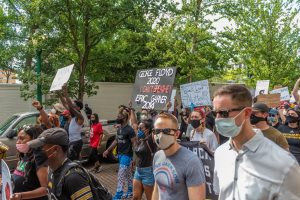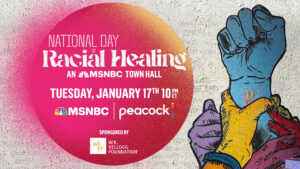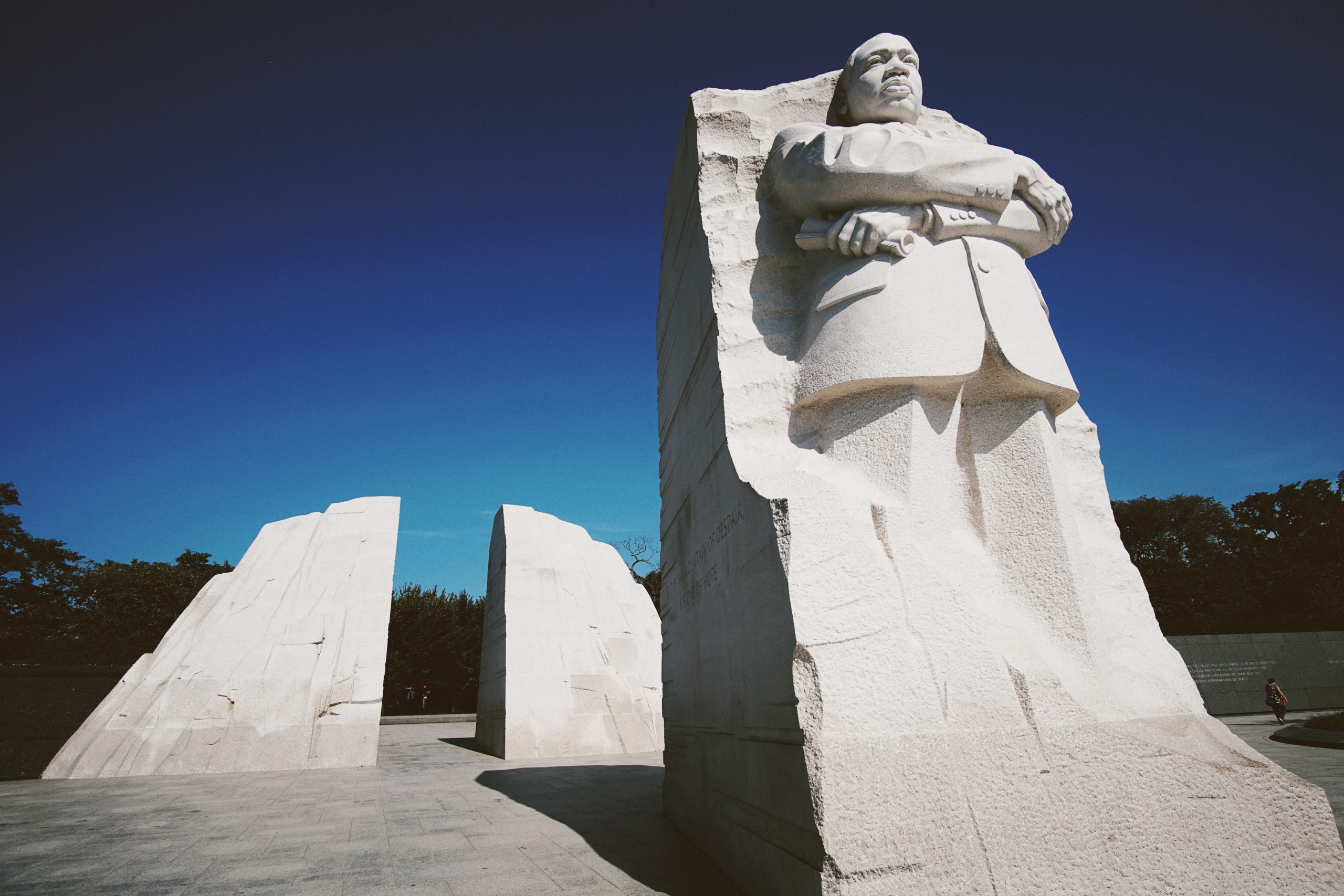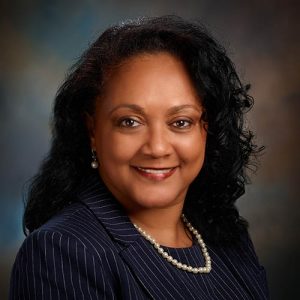Growing up in Mississippi, I have always had a complex and emotional relationship with Martin Luther King Jr. Day.
On one hand, I cherish the chance to celebrate the accomplishments of Dr. King and the Civil Rights Movement of the 1960s; they did so much to improve the lives of Black men and women like me. On the other hand, it seems wrong to celebrate as if the struggle against racism is over and Dr. King’s work is finished. After all, Mississippi is one of only two states where the day is officially recognized as the birthdays of both King and Robert E. Lee, who led the Confederacy in its fight to preserve Black slavery.
Racial equity is far from a reality in Mississippi or the nation. That’s why we need to look beyond racial equity to a different kind of conversation. We need to talk about racial healing.
Racial healing is vital—not as a replacement for racial equity, but as a critical component of it. A court or lawmakers imposing racial equity will never work unless we also heal the deep wounds of racism. There is hard work to be done for all of us here, especially in the South.
To engage in racial healing is to engage in genuine connection across divides of race. It means all of us—Black, Indigenous, Latino, Asian and White—working to acknowledge and grapple with the trauma caused by centuries of systemic racism in this country. That takes courageous effort, a lot of truth telling and time spent investing in relationships so that our communities can develop trust and work together to create a more equitable future where all of our children can thrive.
A Confirmation of a Hard Truth
It’s clear in the research that we’re still far from reaching this kind of understanding. While the Pew Research Center found that most people agree that the country has made advances in racial equity, only 46% of White Americans said that was a good thing. Meanwhile, 75% of Black Americans, 64% of Asian Americans and 59% of Latinos said they thought that increased attention on the history of racial inequality was good for our society.
This is a confirmation of a hard truth that many Black Americans, particularly in the South, know from experience—many White Americans harbor a fear that racial equity will harm them, and they fail to see the reality that it will liberate all of us. While Black and Indigenous and all people of color have their own unique experiences of racial trauma and white supremacy in this country, it should be a fundamental American belief that racism harms all of us, including White Americans, and makes all of us poorer in body and spirit.

We saw a glimpse of this in 2020 in the wake of George Floyd’s murder. Millions of Americans came together in communities of all sizes, uniting across race, class and age to call for change. More than anything, what was powerful that summer was the shared sense of community—the feeling that Americans were collectively grappling with the long, ugly history of race in our nation. Not all of the promise of that moment has been fulfilled. But it remains, in my mind, a hopeful beacon of what’s possible.
This is work that everyone needs to engage in, regardless of their race. I’ve been proud, in my position as director of Mississippi and New Orleans programming for the W.K. Kellogg Foundation, to stand behind some incredible efforts from the Black community to build capacity for racial healing.
Not About ‘Blame and Shame’
We’ve been proud to support the Alluvial Collective, formerly known as the William Winter Institute for Racial Reconciliation. By starting with letting communities tell their own stories, some of which stretch back to the Civil Rights era and earlier, the collective has built up a series of programs for promoting honest cross-race dialogue. Its “Welcome Table” program is a premier example of what’s possible with a racial-healing approach that engages neighbors in an intentional, three-step process of reflection, education and equity building.

Work like this is not about forcing accountability, or about “blame and shame.” It’s about building honest, trust-based relationships and holding authentic conversations with one another so we can all begin to heal. It’s also why the foundation established the National Day of Racial Healing, held each year on the day after Martin Luther King Jr. Day. Now in its seventh year, during NDORH, conversations are held in different spaces nationwide, including here in Mississippi. These conversations are crucial for forging relationships across our differences and engaging in the work it takes to heal.
That Mississippi struggles with racial divisions is no secret. Today on MLK Day and beyond, let’s think about what’s really needed to solve them. It will take more than any single day, and it will take more than laws promoting equity. The late James Baldwin once said: “Not everything that is faced can be changed. But nothing can be changed until it is faced.”
It will take a real conversation about what hurts to help us heal.
This MFP Voices essay does not necessarily represent the views of the Mississippi Free Press, its staff or board members. To submit an essay for the MFP Voices section, send up to 1,200 words and sources fact-checking the included information to azia@mississippifreepress.org. We welcome a wide variety of viewpoints.
Editor’s Note: The W.K. Kellogg provides financial support to the Mississippi Journalism and Education Group, which runs the Mississippi Free Press.






